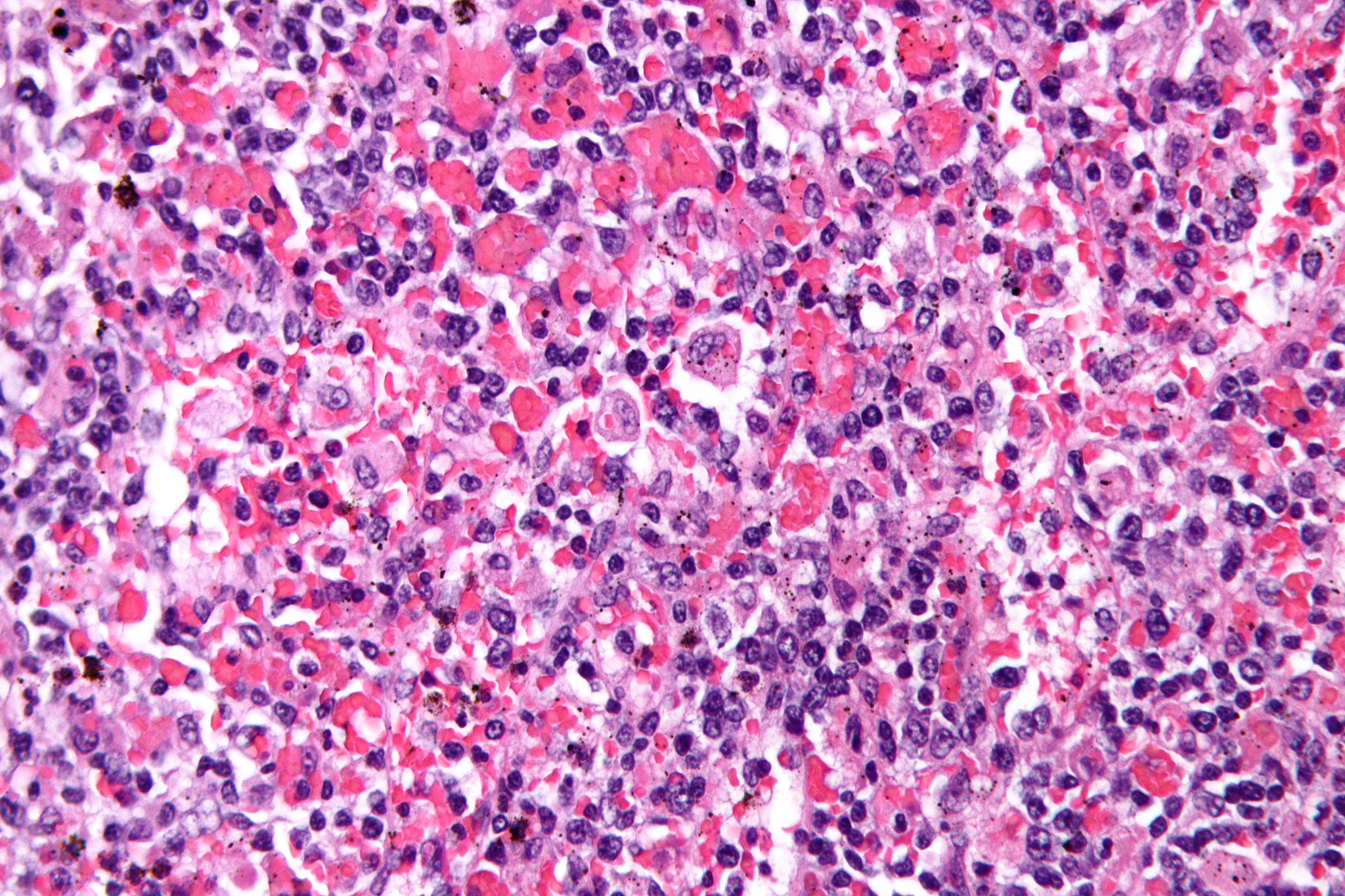Orphan disease drugs in China, usually rare and expensive, might not be so rare and expensive after the Chinese government’s decision to slash tax rates on rare disease treatments.
Out of 7,000 known rare diseases, there are fewer than 500 US Food and Drug Administration (FDA)-approved therapies. In China, there are even fewer orphan drugs available due to its infrastructure and strict regulations.
Effective March 1, 2019, value-added tax for 21 orphan disease drugs will drop to 16 percent from 3 percent, according to the announcement by China’s State Council.
While this number seems low, consider that China only recently deemed orphan diseases a significant problem in the country. They formed the Expert Committee of Rare Disease Treatment and Support under the National Health Commission in 2016, whereas the close US equivalent, the FDA Office of Orphan Products Development, was established in 1983.
Moreover, China only recently released their list of rare diseases in May 2018. The 121 rare diseases follow four criteria outlined by the National Health Commission, including low prevalence and lack of available treatment. Around the same time, China also cut taxes on cancer drugs, with the same aim of reducing the cost burden on families.
In June 2018, the China’s FDA (National Medical Products Administration), said that rare disease drugs can gain approval with overseas clinical data.
These decisions by the Chinese government and other regulatory bodies underscore the nation’s revived commitment to combat rare diseases. According to a 2016 article, approximately 10 million people live with rare diseases in China, highlighting the urgency for new, effective therapies.
“The orphan drug market in China will likely expand greatly, and patients will benefit from broader access to drugs,” wrote Kuo Jia and Weicheng Wu, two regulatory affairs employees at Fosun Pharma USA with regards to the May 2018 announcement. “We are optimistic that the current trend will allow more opportunities for local and international players alike.”
The new tax cuts intend to accelerate market launch of orphan disease drugs and give companies an incentive to continue their research. The stocks of some pharmaceutical companies quickly shot up after the announcement.
“It’s good news for both domestic and international makers for rare disease drugs,” said Jialin Zhang, a senior health-care analyst with ICBC International Research Ltd. in Hong Kong to Bloomberg. “We expect international drug makers will benefit more from the tax cut because they are running ahead on developing drugs for rare diseases.”












Join or login to leave a comment
JOIN LOGIN